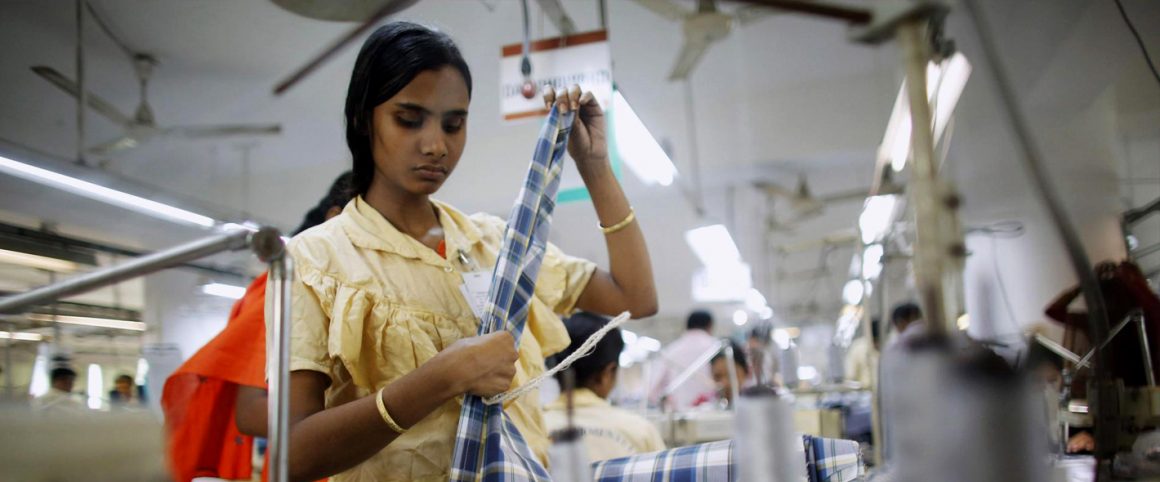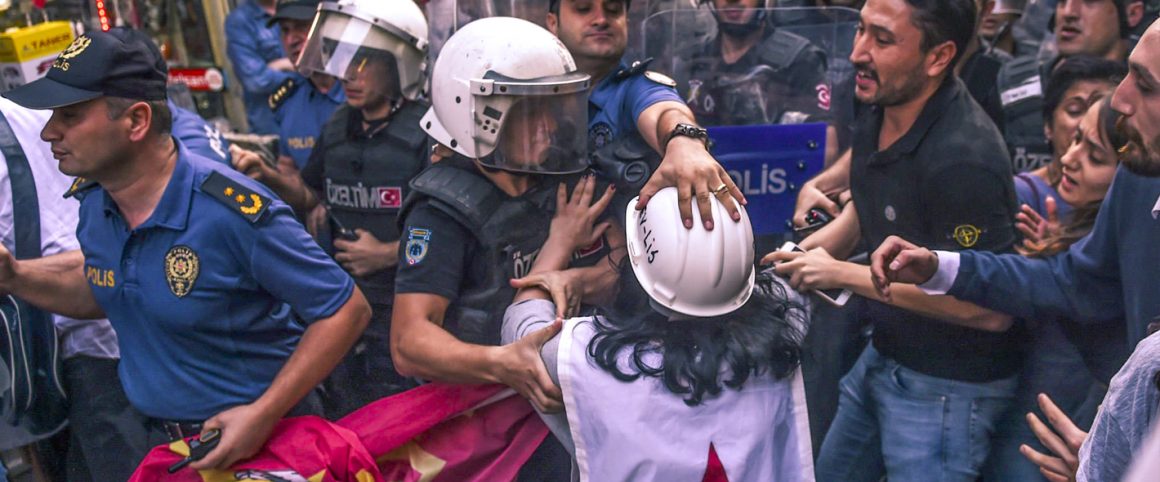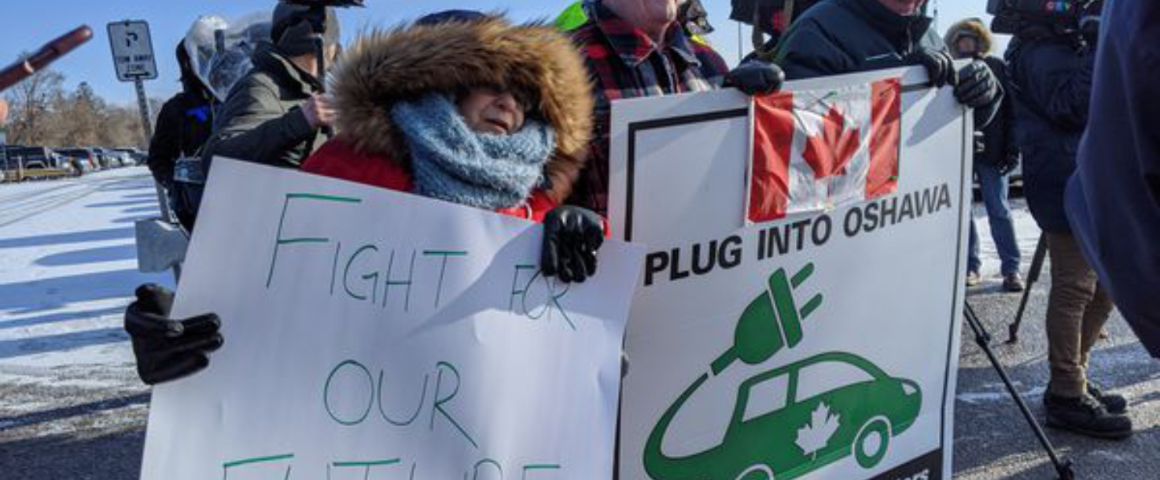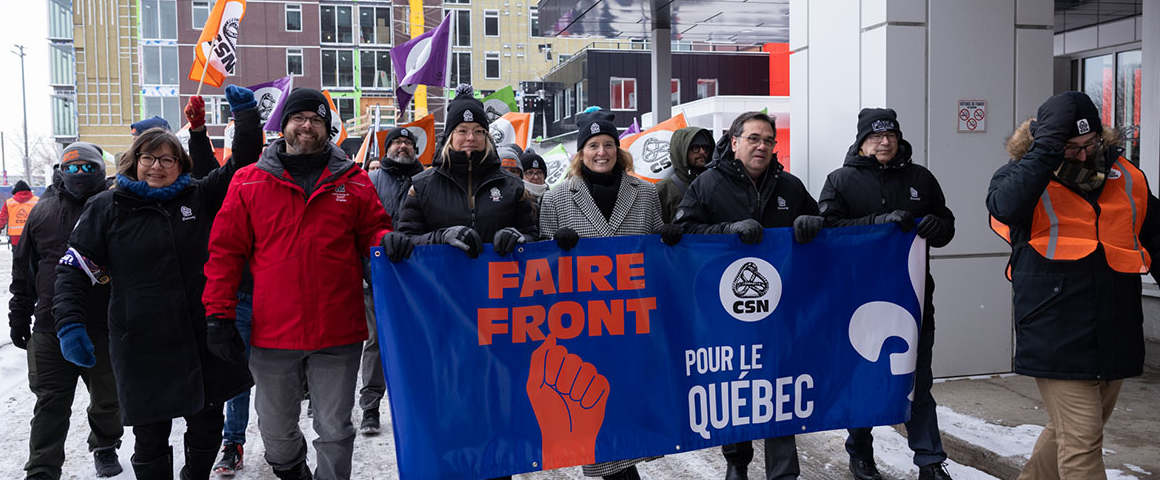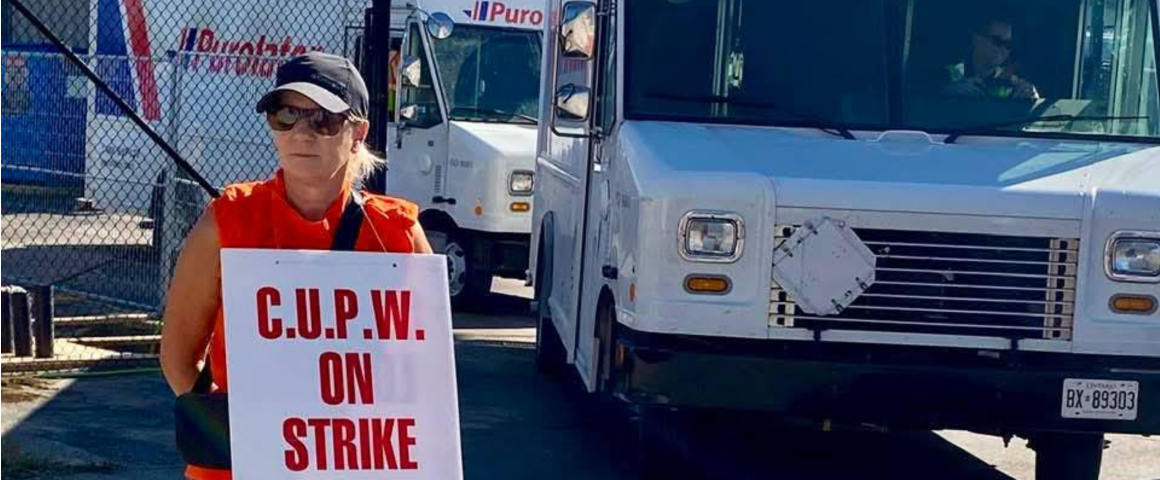Swazi Police Create War Zone
Dozens of Swaziland police in riot gear attacked workers during a peaceful demonstration on September 18, as they called for pay increases. Police fired stun grenades and physically assaulted the crowd in the main city Manzini. Several workers sustained serious injuries and needed hospital treatment, and two labour leaders were jailed. The Swazi Police Union issued a press statement denouncing the brutal violence of their superiors, confirming that they were given orders to shoot and kill anyone who “disturbs” the deeply flawed upcoming elections. The protest by the Trade Union Congress of Swaziland (TUCOSWA) was unilaterally banned, after previously having been declared legal and in accordance with section 40 of the Industrial Relations Act. Police turned Manzini into a “battlefield” and a “warzone” on the next day, the second day of a national strike against low pay and poor working conditions in the kingdom, which is surrounded by South Africa.
The Swazi Observer, a newspaper in effect owned by King Mswati III, the absolute monarch, reported that “stun grenades, teargas, teasers
and rubber bullets became the order of the day.” The Observer reported that the city was a “serious battlefield” for more than four hours as armed police and workers “engaged in fierce confrontation… The situation got out of control when public transport drivers and conductors joined the protesting workers and clashed with the police, who threatened everybody who was wearing a red T-shirt” (to show their support for trade unions). Some TUCOSWA members changed their red colours and wore different T-shirts, but police tried to block anyone who tried to enter Somhlolo Park where a union rally was held. Since the roads were blocked, bus conductors could not conduct business, and many threw stones at police officers and burnt tires on the streets.
For more for the struggle against the absolutist monarchy in Swaziland, visit the Facebook page of the Communist Party of Swaziland.
Pay Up, Say Garment Workers
Garment workers in Bangladesh have rejected an increase in the minimum wage, saying it is still not enough to live on. Their unions want global brands to pay more for the clothes they buy.
Bangladesh raised the minimum wage by more than 50 percent in mid-September, to 8,000 taka ($95.5) a month. It was the first increase since 2013, when a string of fatal factory accidents thrust poor working conditions and pay into the spotlight.
“The new wages announced are not enough for workers to live a decent life,” said Mohd Raisul Islam Khan, field coordinator for a key labour organization. “Workers were demanding 16,000 takas. They are not happy and many organizations are talking about an indefinite strike if the wages are not reconsidered,” he told Reuters news agency.
Bangladesh is the world’s second largest garment producer after China, and its $30 billion industry employs an estimated four million people, 80 percent of them women. The workers are among the worst-paid in the world. A compensation report released by the Fair Labor
Association in April stated that overtime income accounts for 20 percent of their salary, and half the workers put in more than 60
hours a week despite the impact on their health.
The unions also say production targets should not be increased after the wage hike, which many small and medium factory owners
argue is a “burden” that may lead to the closure of units.
“After the last pay hike in 2013, we realized that many factories increased production target for workers and the work pressure built up tremendously,” said Nahidul Hasan Nayan, general secretary of the Sommilito Garments Sramik Federation, which supports unions. “Workers came to us and said their pay had gone up but they did not even have a minute to drink water or use the restroom during their
shift.”
Khan said the situation had improved since the collapse of the Rana Plaza complex in 2013 killed 1,136 garment workers, but
fashion brands had a duty to do more.
“Brands have to step up and pay more for the clothes they are buying,” he said. “After Rana Plaza disaster, the Bangladesh garment and retail manufacturing industry has made big efforts to meet international standards. Now international brands have to show their commitment to the workers.”
Italian Media Face New Threats
The Italian government has threatened to cut indirect state funding to the press, accusing newspapers of “polluting the debate”. The Federazione Nazionale Stampa Italiana (FNSI, an affiliate of the International Federation of Journalists) has condemned these threats and
expressed serious concerns over the situation.
After the announcement on September 12, Luigi Di Maio, head of the populist Five Star Movement (M5S) and a deputy prime minister, used his Facebook account to post that “The newspapers (..) are now polluting the public debate every day and the worst is that they are doing it with public money”.
Di Maio, like Donald Trump, avoids journalists and prefers to communicate through social media.
Ahead of a Sept. 16 cabinet meeting to discuss the 2019 budget, Di Maio warned that they were preparing a letter to ask state-owned companies to stop paying for advertising, which represents an important part of newspaper income. This decision would threaten many newspapers’ survival and deal an economic blow to the media industry.
In response, the FNSI declared: “The umpteenth edict of deputy prime minister Luigi Di Maio against the newspapers confirms
the aversion of the government and the political forces that support it to the principles of representative democracy, of which freedom of expression and pluralism of information are essential pillars. Announcing the ban on state-owned companies to advertise in newspapers is
not just a threat to those who try to inform citizens, fuel debate and the circulation of ideas, but provides the exact representation of the idea that the deputy prime minister and his associates control democracy.”
Anthony Bellanger, General Secretary of the IFJ, added: “If the Italian government executes their threat to cut state funding to the press, it would be both a terrible decision for media pluralism and an economic disaster for the Italian press. This could involve the death of many
media titles, especially local ones. This political stranglehold highlights that Italy’s democracy is on a slippery slope.”
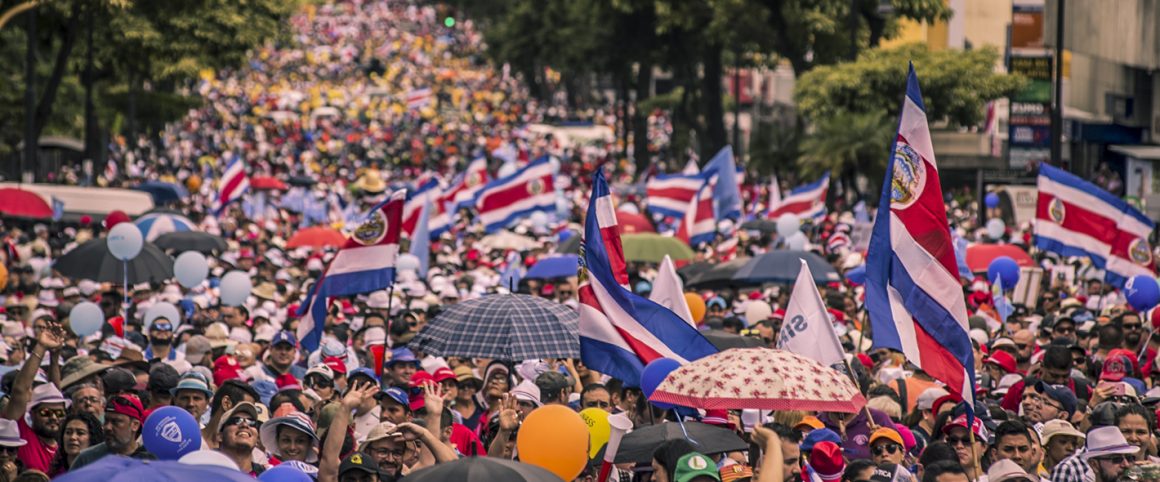
Costa Rica Unions Hold National Strike
Costa Rica’s unions said on Sept. 20 their indefinite national strike would continue after a meeting with representatives of the country’s government failed to yield an agreement. The unions and state are in a standoff over President Carlos Alvarado’s proposed tax “reforms,” and an ultimatum that unions must suspend all strikes as a pre-condition to continue negotiations. That demand is seen as unacceptable by many union members, who launched the strike action on Sept. 10.
The unions want the complete withdrawal of the Law on Strengthening Public Finance, which seeks to introduce a series of taxes, and limiting salary increases, bonus payments and severance packages in the public sector.
In August, the unions submitted an alternatively named bill, known as the Just and Solidary Tax Reform, as a basis for negotiations. The alternative bill focuses on combating tax evasion and fraud; new and increased taxes on companies and banks that generate extraordinary profits; eliminating “luxury” pensions for former presidents; and reducing state financial support for political parties. The proposal would avoid hurting middle and working class people and public sector workers who would lose benefits in the executive’s bill.
Alvarado’s legislation would create a 13 percent value-added tax to replace the current sales tax, and expand tax collection to the service sector and basic living expenses. The other controversial issue is a 50 percent reduction in bonuses, salary limits, time limits for severance payments in the public sector, and benefits obtained through collective bargaining.
Turkey Jails Construction Workers
The order by an Istanbul court to remand 24 construction workers and union leaders in prison pending trial is widely seen as a blatant attempt to silence legitimate protest. The workers and union leaders were among hundreds of others detained in custody following protests on Sept. 14 at the construction site of a new airport due to open in Istanbul next month. Clashes ensued after thousands of police used tear gas and water cannons against the protestors, and more than 500 workers were detained. The majority of those were picked up after midnight on September 15, during a police raid on dormitories while they were sleeping. The protest had focused on inhumane working and living conditions at the site, lack of workplace safety, and delays in receiving wages and social security payments.
In February 2018, the then-Minister of Labour and Social Security said that 27 workers had died since the construction began in May 2015, due to health problems and traffic accidents around the site. However, trade unions say the number is much higher.
Those detained in prison are accused of preventing public servants from carrying out their work, forcing or threatening others to stop or suspend work, damaging public property and participating in the protest with weapons. However no evidence to substantiate these charges was presented at the court hearing.
The Istanbul Bar Association and Human Rights Foundation of Turkey said that lawyers were not allowed access to the detained workers, and many had their statements taken by officers without legal representation, in violation of Turkish law. Several solidarity protests were held in Istanbul and Ankara, during which more than 30 people were detained, including at least one journalist.
Barbados Dockers Win Pay Increase
After long-running negotiations that came to a head with a brief wildcat strike, Barbados Port Inc. and the Barbados Workers’ Union (BWU) have reached an agreement. The workers, who have not received a pay hike in close to ten years, are to receive a five per cent salary increase backdated to October 1, 2016.
Talks ran aground in August when port workers walked off the job for 45 minutes, angry with their union as well as with management. Workers who spoke to the media at the time said they were upset after learning the BWU had accepted the port’s offer to match the Government’s five-per cent pay increase for public workers, without first consulting them. The dockers stopped work at 9 am that day, prompting a conference call with BWU General Secretary Toni Moore who was overseas on business.
“The BWU is not negotiating for itself, it is negotiating for us, so how could they agree to something without coming back to us,” said one angry worker. “We have to be consulted because we are the ones who are in the position and we are ones who know what our needs are and what would be a fair payment for us.”
The subsequent walkout brought enough pressure on the port to eventually offer nearly two years of retroactive pay increases.

